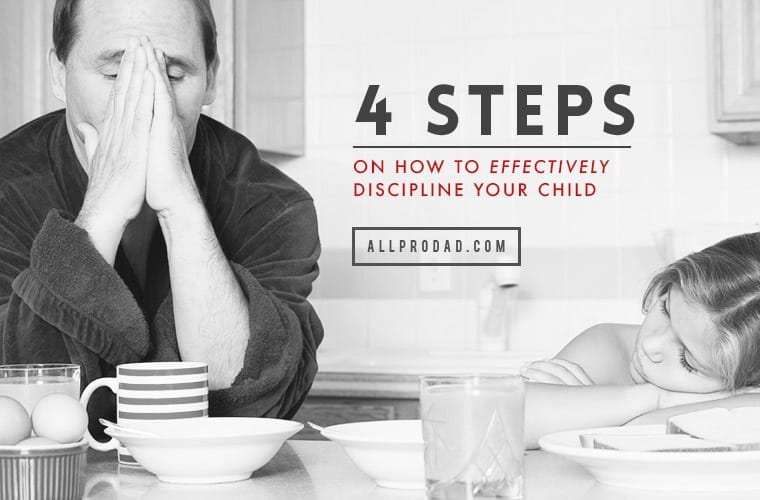Not only did my wife and I somehow manage to raise two children but I worked two decades as a behavior specialist in Florida’s public schools. Now we have two grandchildren (six and seven) who are beyond wonderful. But our grandkids are also – just like all the other children in the world – a handful on occasion. Parent or grandparent, children need discipline.
Our grandchildren live just a couple of hours away so we spend a lot of time together. But what is a grandparent to do when it comes to discipline? What is the protocol when they act up and their parents are in the room too? And what should divorced or separated parents do when faced with the same circumstances? Chances are, everyone’s not going to be on the same page, but we can all agree on some essential ground-rules when it comes to behavior. Here are 6 things you absolutely need to know when children require discipline and correction.
1. Consistency is job one.
When I taught school some teachers had complex charts measuring upwards of twenty behaviors in ten-minute intervals. That was far too complex for me! Instead, I kept things simple so I could be as consistent as possible. Children learn what is acceptable fast when they are crystal clear on exactly what is expected.
2. Never contradict another responsible adult in front of the child.
It’s okay to disagree with your spouse, the grandparents, your ex. What’s not okay is to undermine anyone else’s authority. Remember the goal here is discipline that works. Correction will never work when adults undermine one another.
3. Learn the difference between “firm” and “yelling.”
When I was a teacher I observed an inverse relationship between volume and effectiveness. The louder a teacher yells, the less respect they earn. The same is true at home. Yelling is a clear indication to the child that you are not in control. Slow down, lower both pitch and volume, and work on the “stern” in your voice.
4. Find the right punishment.
Understand the definition of “punishment” and why what you’re doing may actually be a “reinforcer.” A punishment is an intervention that reduces the likelihood of the targeted behavior reoccurring. A reinforcer increases the likelihood the behavior will happen again. If what you believe is a punishment is not reducing the behavior, then stop and find something else. This requires thought and creativity, not anger and yelling.
5. Identify acceptable behaviors rather than continually berating those we don’t like.
When we constantly berate we are giving attention to behaviors we don’t want to see. Our attention is very often a reinforcer. Make a big deal out of positive behaviors. Reward acceptable behaviors with your attention and your words.
6. Reinforce behaviors that are incompatible with those we want to stop.
I taught children with autism. My team successfully eliminated self-injurious behavior by ignoring the self-hitting and encouraging (reinforcing) responses incompatible with self hitting (such as coloring, playing ball, modeling clay, learning sign language, etc.). It turned out the children were craving attention and they got a lot when they hurt themselves. Before long, the positive behaviors were self-reinforcing. Find things that are incompatible with your child’s inappropriate behaviors and pay attention to that.
Sound off: What are some principles you have found helpful when it comes to discipline?
And if you have a child who doesn’t care about consequences, check out iMOM’s 5 Ways to Discipline a Kid Who Doesn’t Care.











Huddle with the other responsible adults and talk about this list. Are there any other principles we can agree on?